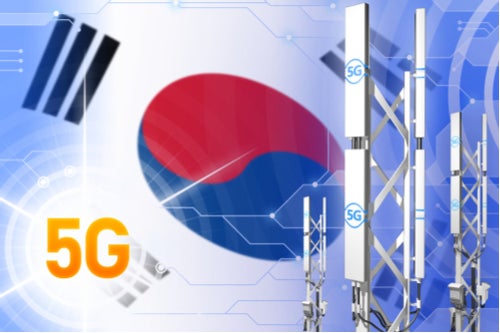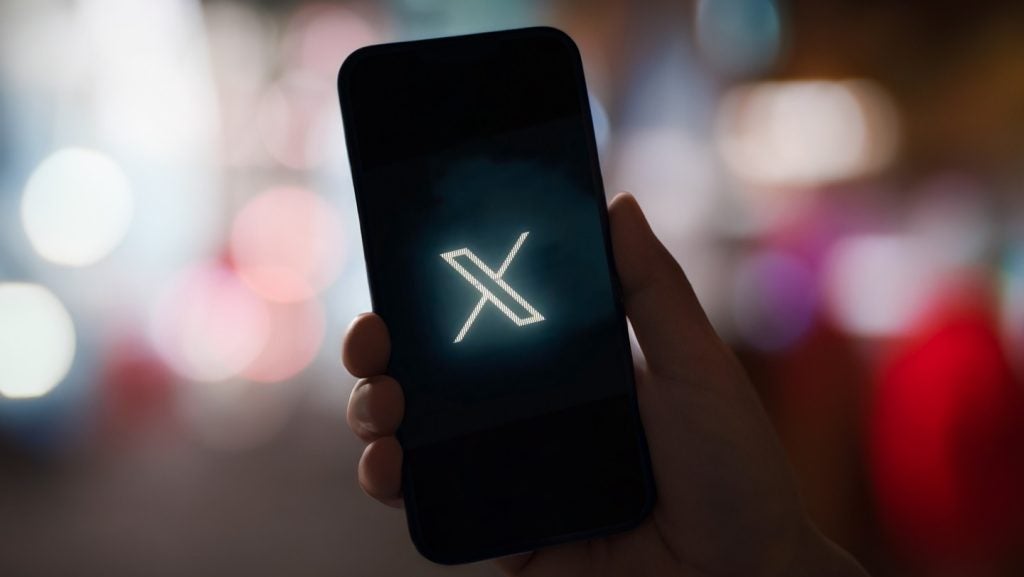5G is here. Mobile operators across Asia, Europe, the US, the Asia-Pacific, the Middle East and even South America have launched commercial networks. But these are early days, and carriers looking to make more money from 5G are hard-pressed to charge more for the service.
5G in South Korea
While commercial 5G is now up and running in various parts of the world, together with a decent number of 5G-enabled smartphones, the technology is still in its infancy. 5G today is essentially a faster version of today’s 4G networks with limited coverage. Future iterations of the technology will enable a host of advanced services such as 5G-connected robots and drones, thanks to the ultra-low latency capabilities and higher data speeds that will clearly differentiate the technology from today’s networks.
For now, carriers are challenged to position 5G as a premium service. Whether they can charge more money largely depends on market position, deployment coverage and 5G leadership goals.
South Korea is the country that is furthest ahead in 5G adoption. All three carriers — SK Telecom, KT and LG Uplus — have now reached 1 million subscribers since introducing the service on 1 April 2019.
In general, South Korea’s 5G plans are positioned at the mid- and high-end of the market but priced competitively compared with existing LTE plans, although more affordable LTE options are available.
KT ignited the competition by introducing unlimited 5G pricing plans. South Korea’s operators have concentrated on creating plans that bundle content and new value-added services in order to attract as many users as possible and promote their higher-end plans. The majority of these services centre around video, music and gaming, and the trick for South Korean carriers is to find new or enhanced content for 5G to differentiate from what customers can get via LTE plans. SK Telecom, for example, opened up the 5GX section in its popular OTT entertainment app oksusu to offer 4K UHD-level content, VR and other 5G-exclusive video content.
These services, however, are free for now. They are used as a lever to generate uptake of services. We expect South Korean carriers to begin charging for these once they are taken up by a critical mass of users, but South Korea’s operators must ensure these applications have become an integral part of the service experience — an experience they don’t want to abandon — and price them attractively. They can do this a few ways: charge a la carte, offer discounted VAS packages or introduce new, more expensive pricing plans that bundle the key services that resonate with customers.
While South Korea’s wireless market is often regarded as a unique one because users are keen to adopt the newest technologies, carriers globally can take note that South Korea’s carriers are heavily focusing on the content and services that strongly resonate with consumers in the 4G world and how 5G can enhance them.








